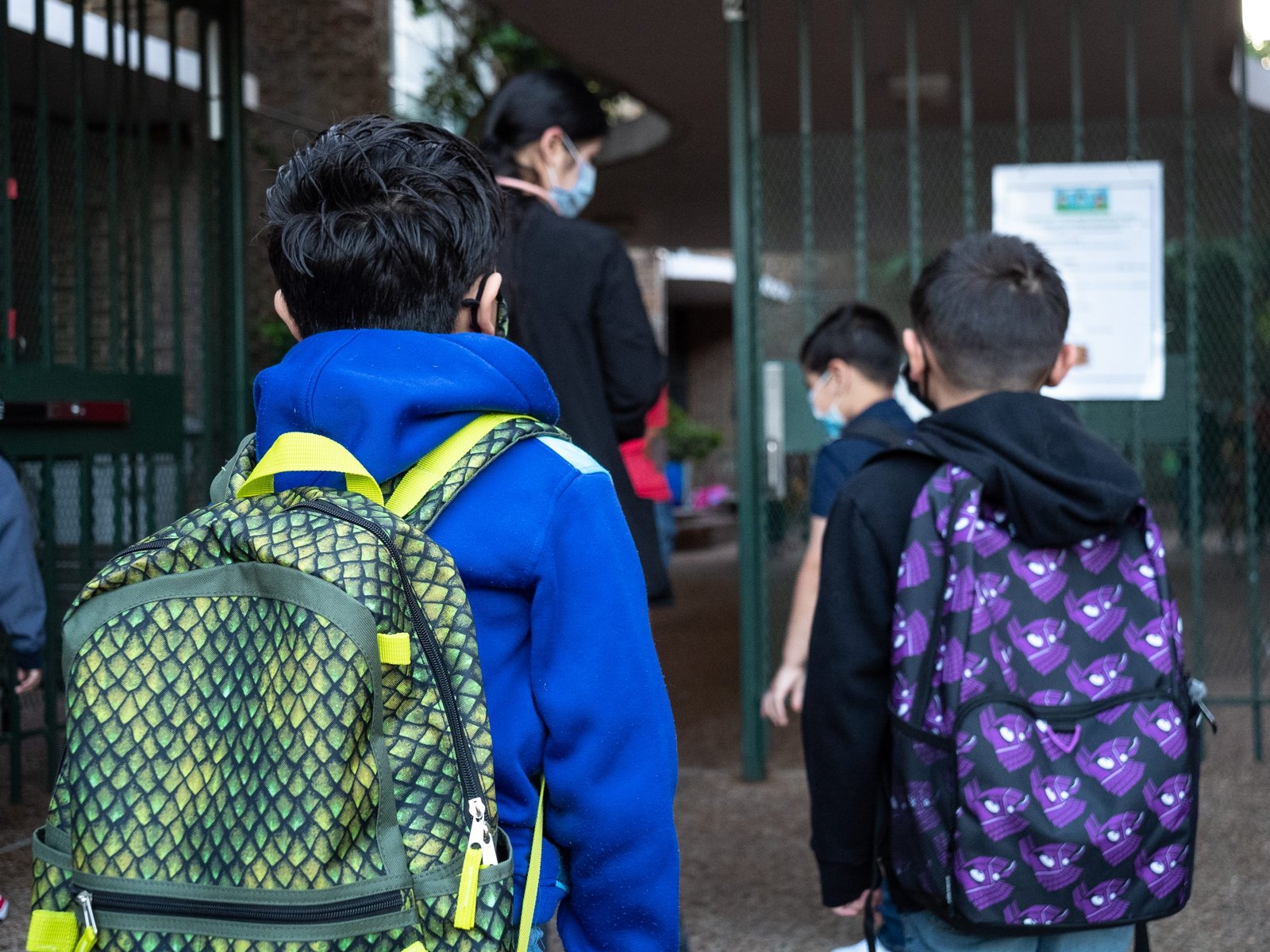
Lucio Vasquez / Houston Public Media
As Houston ISD prepares for a pivotal vote this November on a $4.4 billion bond proposal, a new survey conducted by Rice University’s Kinder Institute for Urban Research reveals significant backing from Houston residents.
The survey found that about 75% of about 4,500 HISD residents were in favor of the bond, so long as it doesn’t raise property taxes by more than $1 per year. About 58% said they’d support the bond if it increased property taxes by about $25 per year. On the far end of the spectrum, only 17% of HISD residents said they’d support the bond if property taxes increased by more than $200 per year.
“School bonds tend to be popular, and this appears to be the case for Houston ISD, despite it being a year of transition for the district,” said Kori Stroub, the associate director of HISD research for the Kinder Institute’s Houston Education Research Consortium.
According to the survey, opinions varied as to how the bond money should be spent. Safety improvements on campuses was the top concern, with 53% of HISD residents citing it as their primary focus. Additionally, 51% of those surveyed emphasized the need for enhanced career and technical education facilities, while 34% prioritized technology upgrades and 31% supported funding for campus renovations. Only a small fraction, between 3-4%, said building new campuses should be the bond’s main focus.
In addition to the bond’s support, the survey revealed that about 75% of HISD residents believe schools need more funding to deliver a high-quality education.
This comes after the HISD Board of Managers’ recent decision to place the $4.4 billion bond proposal on the ballot later this year, marking the district’s first bond election since 2012.
The proposal includes $2.05 billion to rebuild more than 40 aging campuses and renovate many others, with a focus on elementary and middle schools. The district also wants to spend $1.35 billion on safety and security upgrades, such as lead and mold removal, replacing HVAC systems and creating single points of entry at all 274 schools. Another $1 billion would go toward technology upgrades, expanding prekindergarten offerings and constructing three new career and technical education centers.
Voters in November will see two bond-related propositions on their ballots: Proposition A seeks $3.96 billion for new buildings, renovations to existing buildings and safety and security infrastructure, while Proposition B asks for $440 million for instruction technology as well as technology systems and infrastructure.

